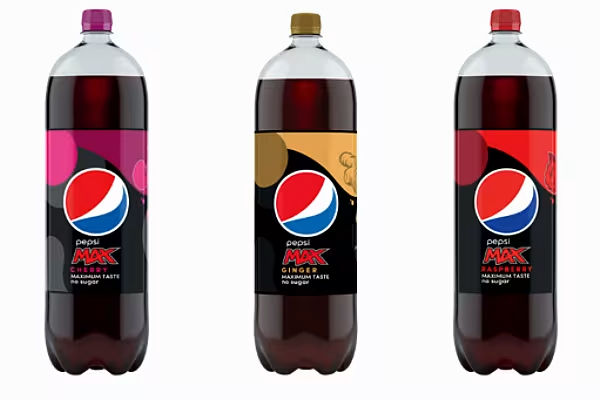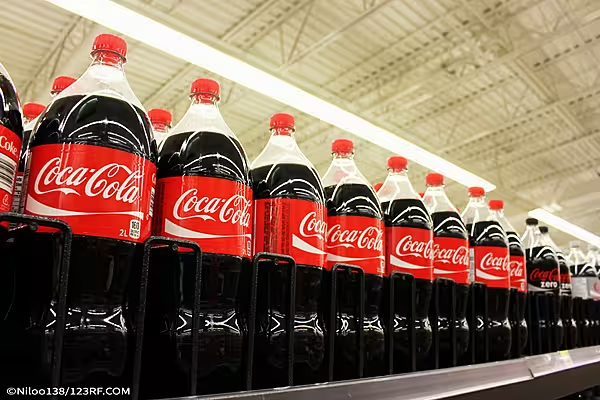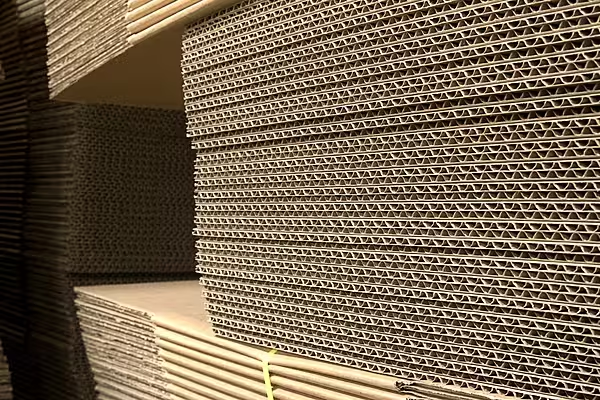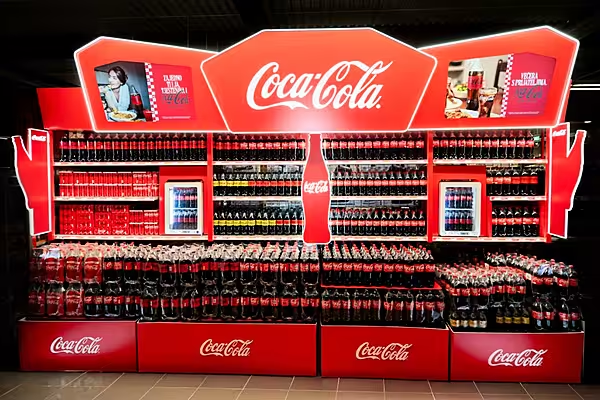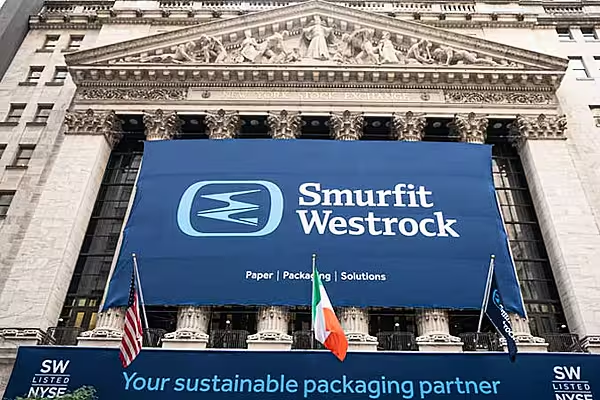PepsiCo has announced plans to switch to beverage bottles made from 100% recycled plastic for its Pepsi Brand in nine EU markets by 2022.
The initiative will reduce carbon emissions by 40% compared to standard bottles and eliminate over 70,000 tonnes of virgin, fossil-fuel-based plastic from its operations per year.
The cola giant will use plastics recycled from post-consumer packaging (rPET) for its entire beverage range under the Pepsi brand.
CEO of PepsiCo Europe, Silviu Popovici, said, “Starting with these nine markets, we are working to incorporate 100% recycled plastic into our beverage bottles so we can minimise our use of virgin, fossil-fuel-based packaging.
“We will also look to go further and faster in other European markets where the conditions allow.”
The Markets
Germany, Poland, Romania, Greece and Spain will switch to 100% rPET in 2021, while France, Great Britain, Belgium and Luxembourg will shift to rPET in 2022, PepsiCo added.
Both company-owned and franchise bottlers in these markets will use 100% recycled plastic.
In France, Great Britain, Germany, Belgium and Luxembourg, the new packaging will include all soft drinks, including 7Up, Mountain Dew and Lipton Ice Tea.
Poland and Romania will also use 100% rPET for Mirinda.
The move also supports the European Commission’s campaign on plastic recycling that seeks to ensure that 10 million tonnes of recycled plastics are used in making new products for the EU market by 2025.
Other Initiatives
In 2018, the company pledged to switch to 50% recycled plastic bottles across the European Union by 2030. Currently, 30% of its products have reached this target.
The company is a member of several partnerships, including the New Plastics Economy, an Ellen MacArthur Foundation initiative, the Global Commitment, led by the Ellen MacArthur Foundation and UNEP, the EU Circular Plastics Alliance, and the Alliance to End Plastic Waste.
Recently, it joined the Holy Grail digital watermarks consortium to trial smart packaging to ensure easier sorting of waste and better recycling.
Popovici added, “Collaboration between all stakeholders across the EU is central to this issue. We need to design packaging to be recyclable, reduce the amount of packaging we use, and make it easy for consumers to recycle.
“Working with policymakers and waste management systems, we need to collect more bottles, so that plastic needs never become waste. Everyone can and should play a part in developing a circular economy for plastic.”
© 2020 European Supermarket Magazine – your source for the latest retail news. Article by Dayeeta Das. Click subscribe to sign up to ESM: European Supermarket Magazine.
